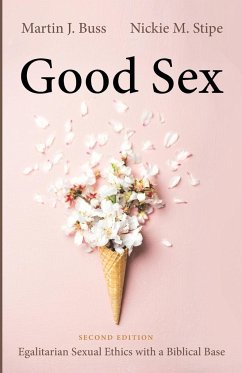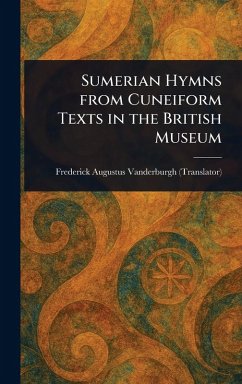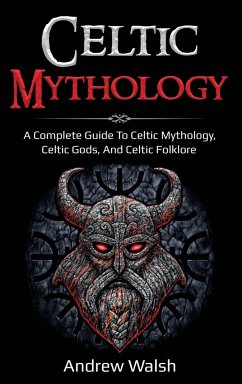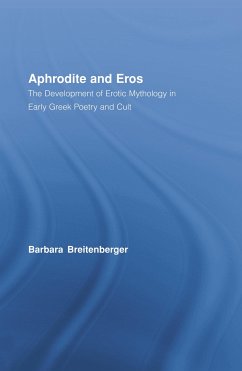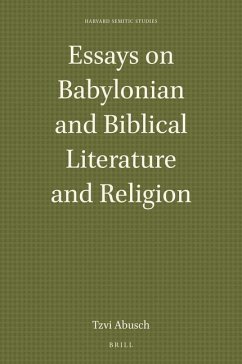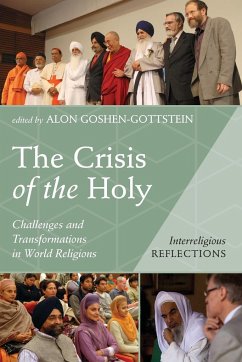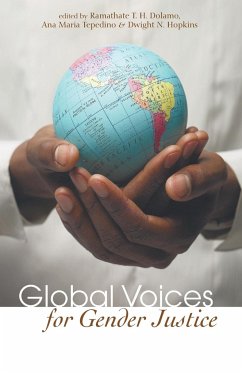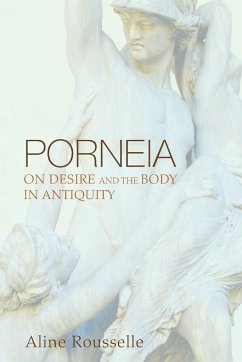
Porneia

PAYBACK Punkte
13 °P sammeln!
Porneia means fornication, unchastity, desire for another's body. Drawing on Roman and Greek works of science, medicine, gynecology, and law and on Christian and pagan religious texts, Aline Rouselle discovers the intimate fears, passions, superstitions, and ambitions of the people of the Mediterranean world during the first four centuries AD. The first part of the book describes Roman notions of male and female sexuality; attitudes to fertility, inheritance, child care, and training; legal restraints on sexual behavior; concubinage and divorce; and the extraordinary rituals of orgy, castratio...
Porneia means fornication, unchastity, desire for another's body. Drawing on Roman and Greek works of science, medicine, gynecology, and law and on Christian and pagan religious texts, Aline Rouselle discovers the intimate fears, passions, superstitions, and ambitions of the people of the Mediterranean world during the first four centuries AD. The first part of the book describes Roman notions of male and female sexuality; attitudes to fertility, inheritance, child care, and training; legal restraints on sexual behavior; concubinage and divorce; and the extraordinary rituals of orgy, castration and sacrifice associated with ancient rites of fertility and spirituality. Yet the sexual problems of antiquity will be seen in many respects to be almost exactly those of the contemporary West--from fear of impotence to the concern of parents about teenage misbehavior. The second part of the work is concerned with the impact of Christian ideas upon a settled pagan tradition. Abstinence, once associated with the enhancement of fertility, becomes the key to salvation. The first monastic regimes, and the means by which men and women curtailed and overcame their desire for one another, are described in detail. Centuries of concern with fertility became, in this revolutionary period, an obsession with chastity in this world and a secure place in the next. This is a tour de force of scholarship and historical anthropology. The author's argument may be controversial, but few can fail to be fascinated by the evidence she marshals to support it.





